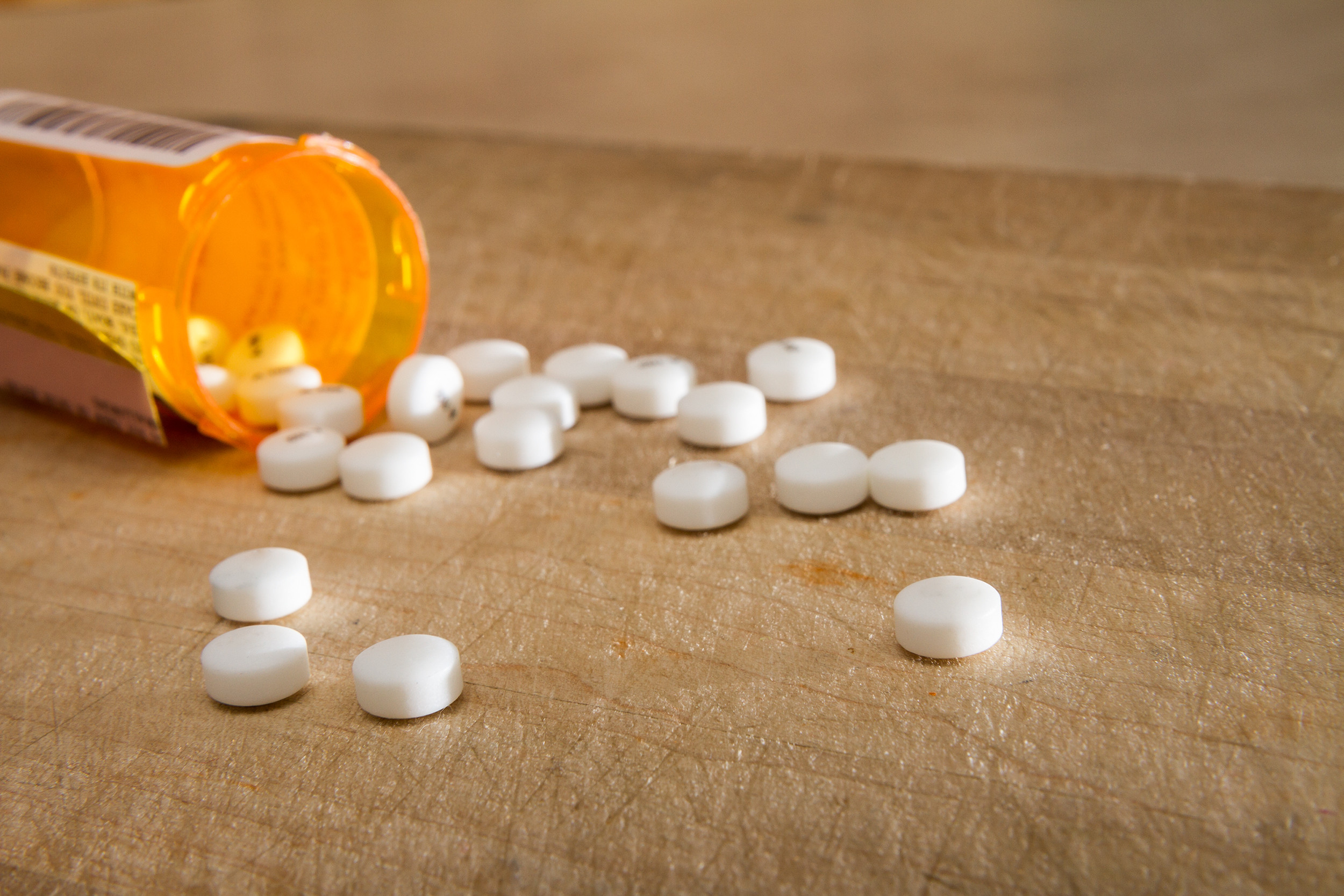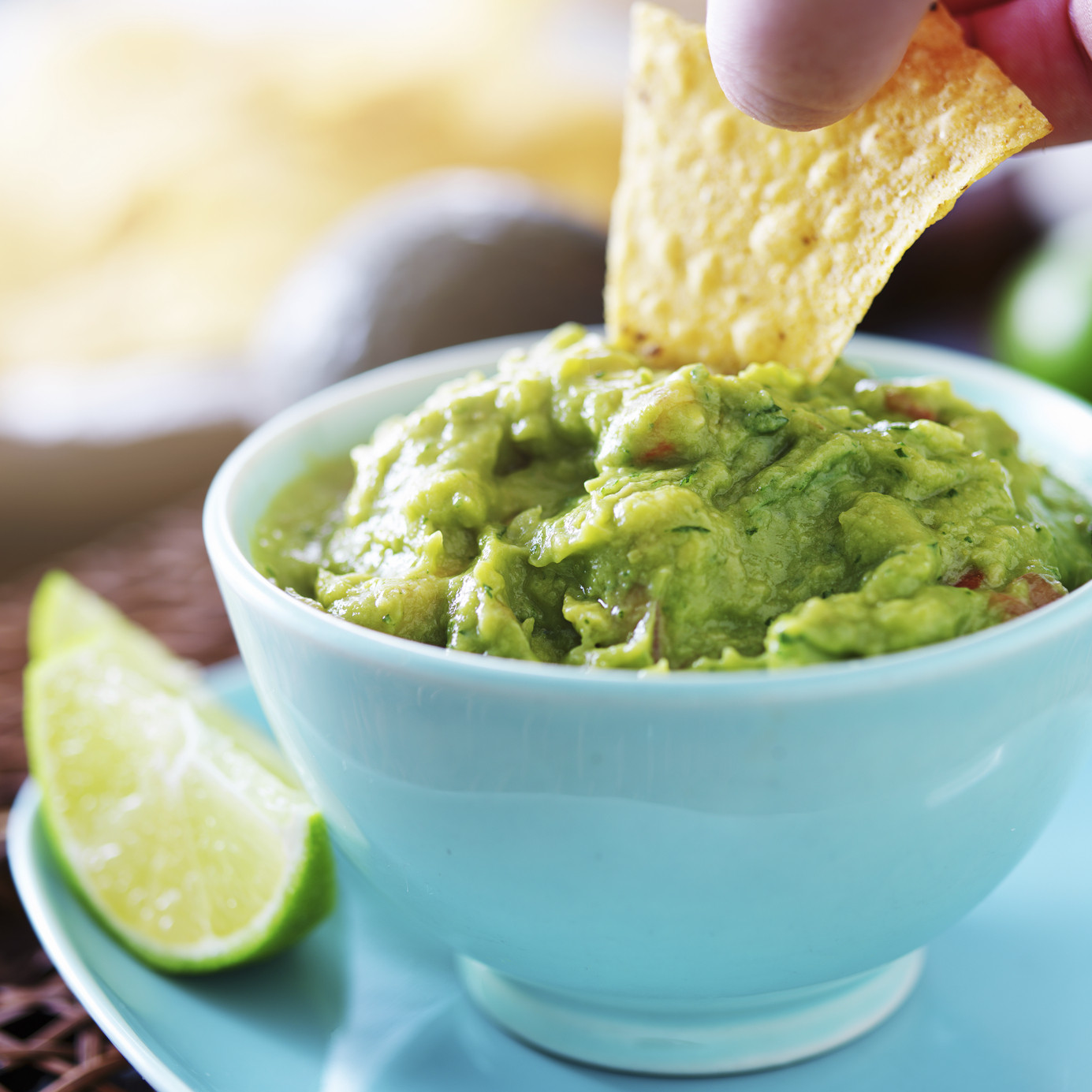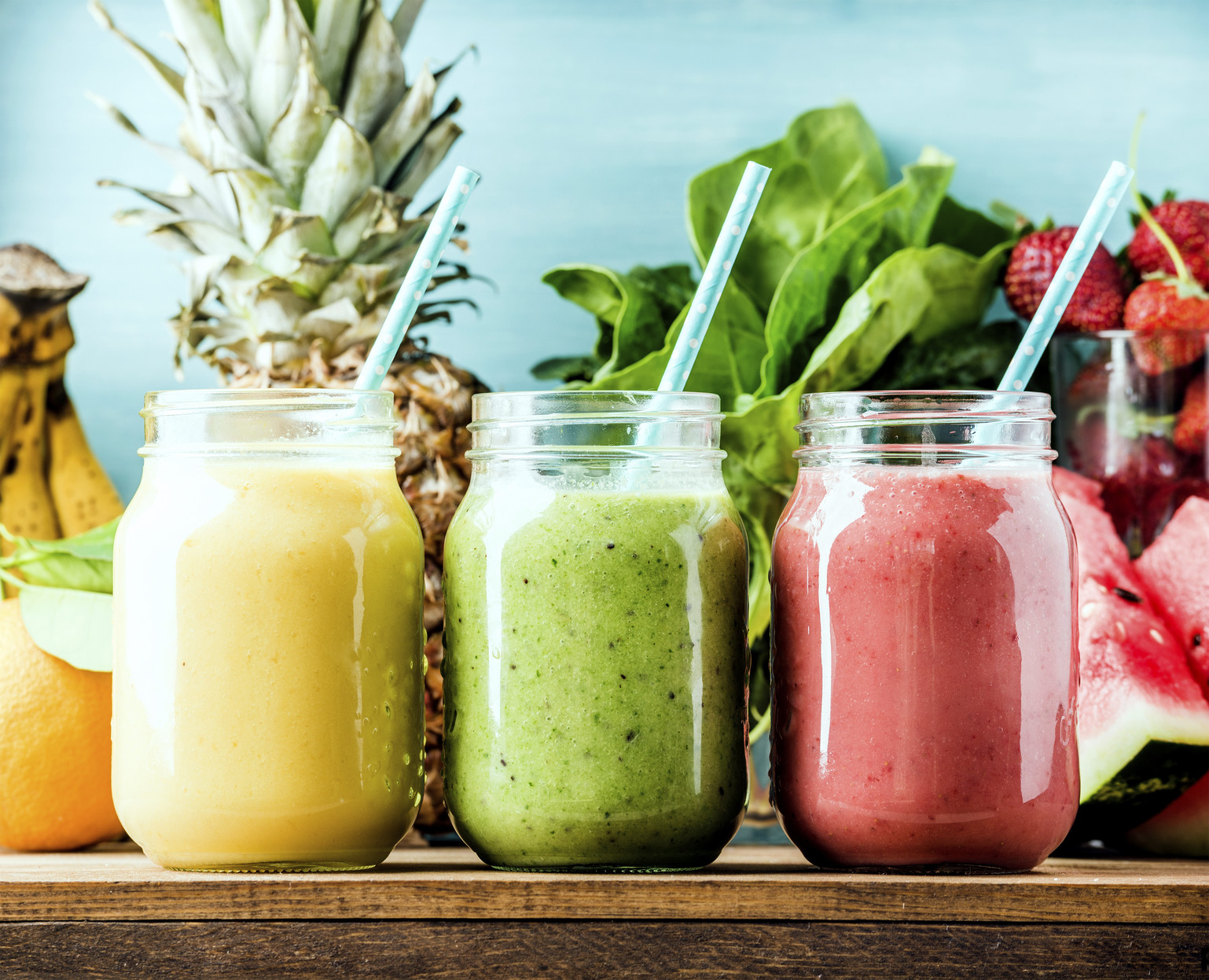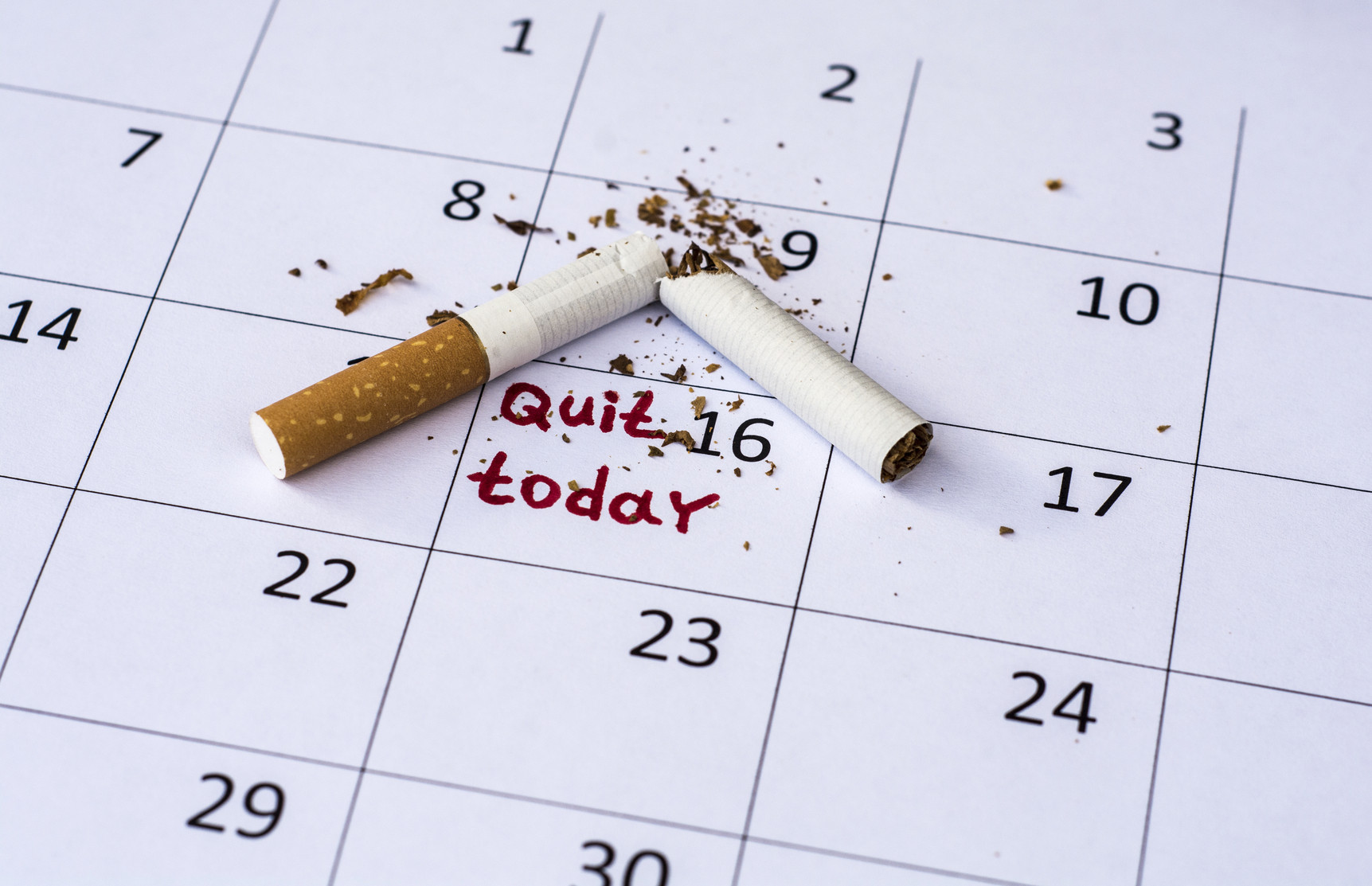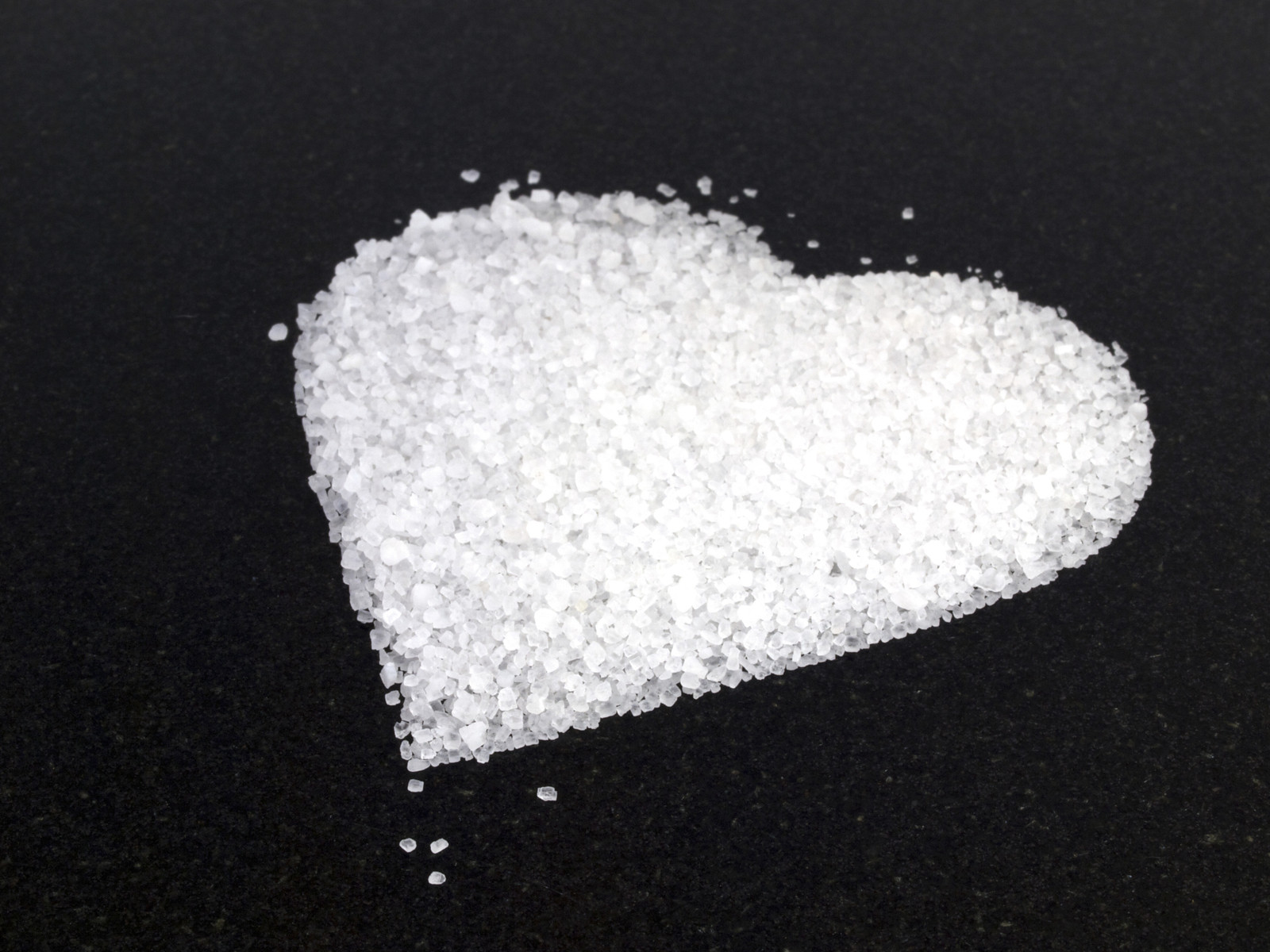
Respiratory health harms often follow flooding: Taking these steps can help

Tips to leverage neuroplasticity to maintain cognitive fitness as you age

Can white noise really help you sleep better?

Celiac disease: Exploring four myths

What is prostatitis and how is it treated?

What is Cushing syndrome?

Exercises to relieve joint pain

Think your child has ADHD? What your pediatrician can do

Foam roller: Could you benefit from this massage tool?

Stepping up activity if winter slowed you down
Harvard Health Blog
Read posts from experts at Harvard Health Publishing covering a variety of health topics and perspectives on medical news.
Articles
Fentanyl: The dangers of this potent “man-made” opioid
Fentanyl is a powerful synthetic opioid. It is far more potent — and potentially more dangerous — than heroin and morphine. Overdose deaths related to fentanyl are on the rise. The drug is cheaper than heroin and recently is being used to dilute heroin or substitute for it. Users may be unaware that they are taking this potent drug, or may even seek its intense high. People at risk from using fentanyl can be treated successfully with therapies used for other opioid use disorders, but taking steps to prevent overdose are critical until a person is ready to seek care.
New urine test predicts high-grade cancer
Suspicious findings from prostate cancer screening are often followed by a procedure most men would prefer to avoid: a prostate biopsy. But what if biopsies actually could be avoided on the basis of non-invasive test results? Screening tests are moving in that direction, with some intriguing results. One of them, the Prostate Health Index blood test, combines measures of three forms of prostate-specific antigen (PSA) into a score that helps doctors predict if a cancer is likely to progress, with an aim to circumvent biopsies that aren’t necessary.
Beating osteoarthritis knee pain: Beyond special shoes
For people suffering from knee osteoarthritis, one long-standing solution to knee pain was the use of “unloading” shoes. These shoes use stiffer soles and slightly tilted insoles that help to reposition the foot and ‘unload,’ or decrease, the pain on the knee. But a new study revealed that these shoes might not be any better than good walking shoes at relieving pain from knee osteoarthritis.
Pace to breathe — New treatments for sleep apnea
Sleep apnea is a common condition that currently affects 26% of all Americans. When a person suffers from sleep apnea, their breathing becomes shallow or even disrupted during their sleep. This results in poor sleep and daytime sleepiness. However, a recent study showed that the use of a pacemaker on the hypoglossal nerve in the neck effectively treated people with moderate to severe sleep apnea. Although there isn’t widespread use of pacemakers to treat this sleeping disorder just yet, it may be an effective solution for people with sleep apnea.
E-cigarettes: Good news, bad news
While e-cigarettes do not produce the tar or toxic gases found in cigarette smoke, this doesn’t make them a healthy option. The e-liquid found in e-cigarettes still contains highly addictive nicotine that also increases your risk of insulin resistance and type 2 diabetes. Nicotine also increases the risk of addiction to other drugs and may impair brain development. Rather than rely on the perceived benefits of e-cigarettes, people should avoid smoking altogether.
Quitting smoking during the second half of the menstrual cycle may help women kick the habit
Studies have shown that not only do women have a harder time quitting than men, but they also experience more severe health consequences from smoking. However, new research suggests that it may be easier for women to quit smoking during the second half of their menstrual cycle. During this time, the hormone progesterone is higher, and this appears to aid in quitting and avoiding relapse.
Fewer allergies: A possible upside of thumb sucking and nail biting
It’s no surprise that children suck their thumbs or bite their nails. These behaviors are often discouraged, as they can go on to cause damaged teeth, infections, or even elicit teasing from other children. However, a new study suggests that there are benefits for children who exhibit these behaviors, as it makes their immune systems better at attacking germs and decreases their risk of developing common allergies. Although these habits may be irritating for parents, they may improve your child’s health in the long run.
New blood test for colon cancer screening: Questions remain
In April, the U.S. Food and Drug Administration (FDA) approved a new screening test for colon cancer, making it the first blood-based test for this type of cancer. While this test does make it more convenient for people to get screened for colon cancer, it is also less exact than the current screening methods. It is important to discuss your risk factors and screening options with your doctor.
What Michelangelo’s hands (can and can’t) tell us about arthritis
A recent journal article describes Michelangelo’s hands as depicted in an attempt to figure out potential joint diseases he may have had. Theories suggest some myths and misconceptions about the causes and symptoms of osteoarthritis and gout. This report has implications for today’s medical care. While a picture may tell a story, there is nothing like a thorough, in person exam to know accurately make sense of signs and symptoms.
The right reasons to choose a sunscreen—and the right way to use it
There are a wide variety of sunscreen products on the market today that can help to prevent sunburns and skin cancer, but in a recent study published in the journal JAMA Dermatology, researchers found that 40% of the top 65 most popular sunscreens didn’t meet American Academy of Dermatology guidelines. When buying sunscreen, it is important to choose a product that is broad-spectrum, has an SPF over 30, and is water resistant. In addition to choosing the right sunscreen, it’s important to use it correctly in order to truly protect your skin from the sun.
For the good of your heart: Keep holding the salt
A recently published study claimed that people who ate a low sodium diet were more likely to suffer from cardiovascular disease and death. However, there were problems with this study – including difficulty with accurately measuring each study volunteer’s daily intake of sodium. Low sodium diets may be harmful for small subsets of people, but for the majority of people restricting salt intake is still important for cardiovascular health.
What’s the best way to quit smoking?
Quitting smoking can add years to your life. The earlier the better, but the benefits of quitting are real and significant, even if you’re 80. There are several ways to quit and it often takes multiple attempts to become and ex-smoker for good. Research suggests that for some people, quitting “cold turkey” may be the most effective approach.
A placebo can work even when you know it’s a placebo
You may have heard of the “placebo effect,” in which people taking an inactive drug as part of a study actually experience an improvement in their symptoms. As it turns out, the placebo effect still exists if you tell people they’re taking a placebo. This “open-label placebo” strategy doesn’t work for every condition, of course, but it’s a promising way to relieve many common symptoms without medication.
“Superbugs” and the very real threat of untreatable infections
Doctors recently discovered a gene in E. coli bacteria that makes it resistant to an antibiotic that is typically used when other drugs fail. This new finding suggests that effectiveness of last-resort antibiotics is at risk. As more bacteria evolve to “outsmart” antibiotics, scientists are increasingly concerned about infections caused by “superbugs” that cannot be treated with existing antibiotics.

Respiratory health harms often follow flooding: Taking these steps can help

Tips to leverage neuroplasticity to maintain cognitive fitness as you age

Can white noise really help you sleep better?

Celiac disease: Exploring four myths

What is prostatitis and how is it treated?

What is Cushing syndrome?

Exercises to relieve joint pain

Think your child has ADHD? What your pediatrician can do

Foam roller: Could you benefit from this massage tool?

Stepping up activity if winter slowed you down
Free Healthbeat Signup
Get the latest in health news delivered to your inbox!
Sign Up
